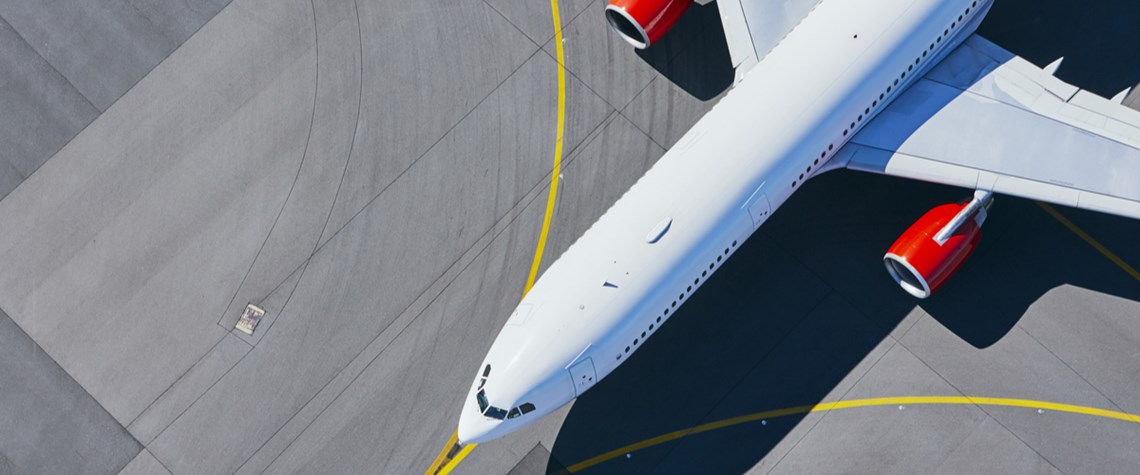Aviation calls for synthetic blending quotas, tax incentives
Synthetic kerosene prices will fall as production capacity increases and renewable electricity costs decline—but low-margins mean the aviation industry requires help to go green
Synthetic jet fuel may be widely seen as the best long-term replacement for kerosene, but policymakers would have to make its use mandatory and provide tax incentives for the aviation sector to quit fossil fuels. Synthetic kerosene is 4-6 times more costly than kerosene, according to Joris Melkert, senior lecturer in aerospace engineering at Delft University of Technology. Such costs are daunting for the aviation industry, which suffered its worst ever decline in 2020 due to the coronavirus pandemic, losing an estimated $118.5bn, according to trade body the International Air Transport Association. Yet Melkert is optimistic Europe’s aviation sector will adopt synthetic fuels gradually, citing

Also in this section
22 July 2025
Sinopec hosts launch of global sharing platform as Beijing looks to draw on international investors and expertise
22 July 2025
Africa’s most populous nation puts cap-and-trade and voluntary markets at the centre of its emerging strategy to achieve net zero by 2060
17 July 2025
Oil and gas companies will face penalties if they fail to reach the EU’s binding CO₂ injection targets for 2030, but they could also risk building underused and unprofitable CCS infrastructure
9 July 2025
Latin American country plans a cap-and-trade system and supports the scale-up of CCS as it prepares to host COP30








